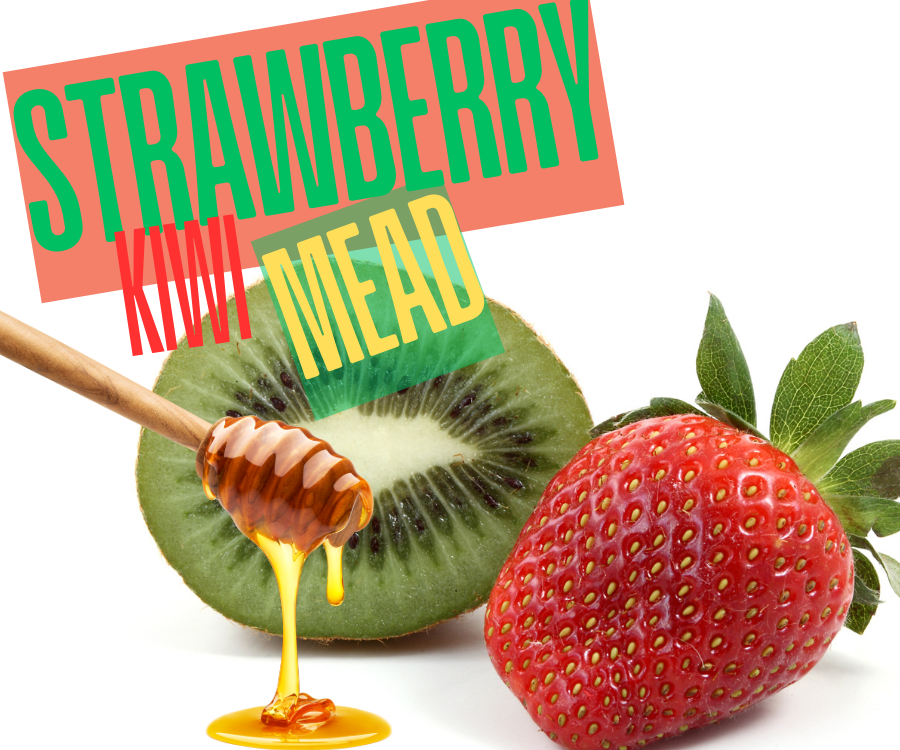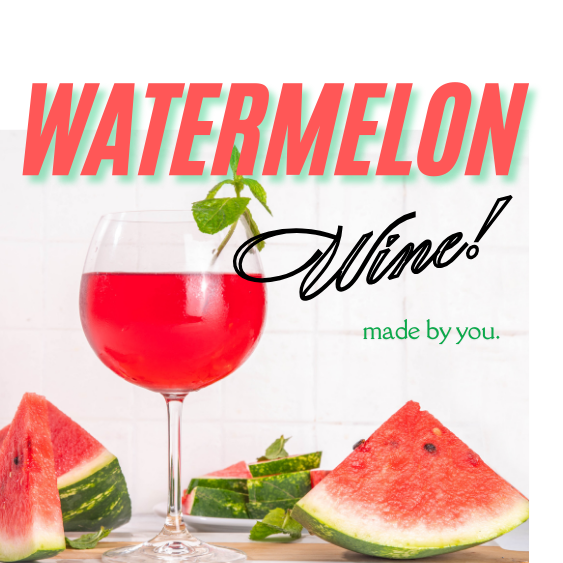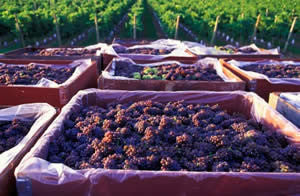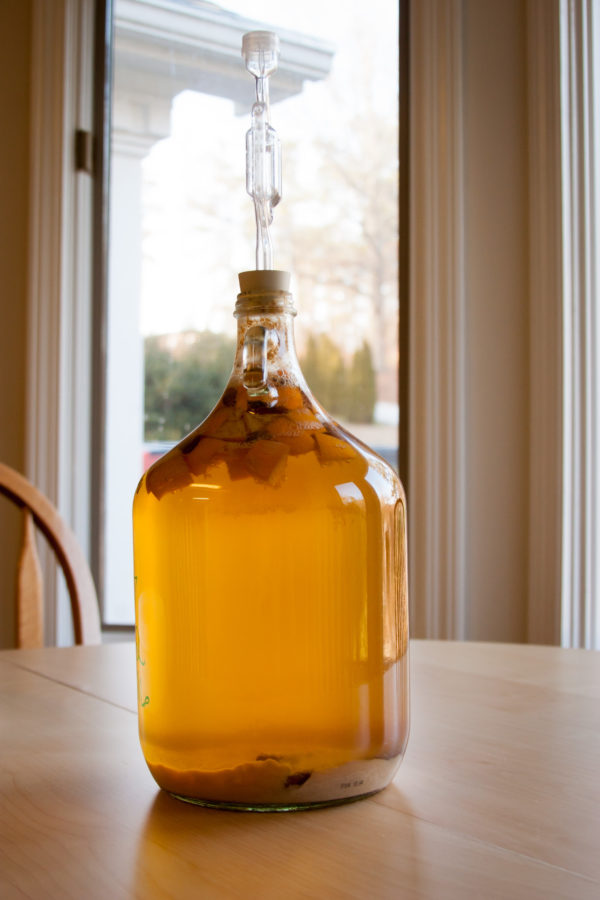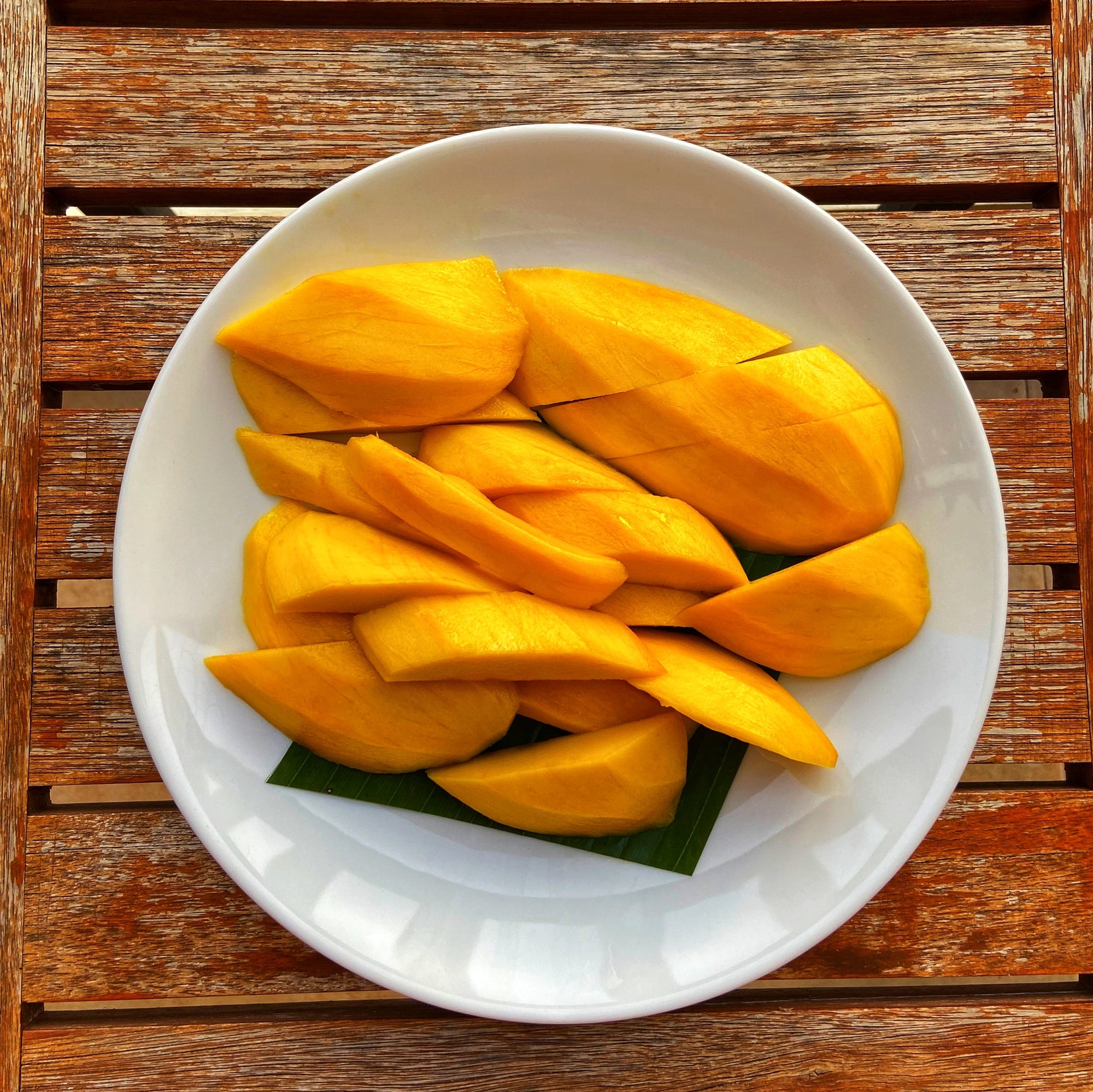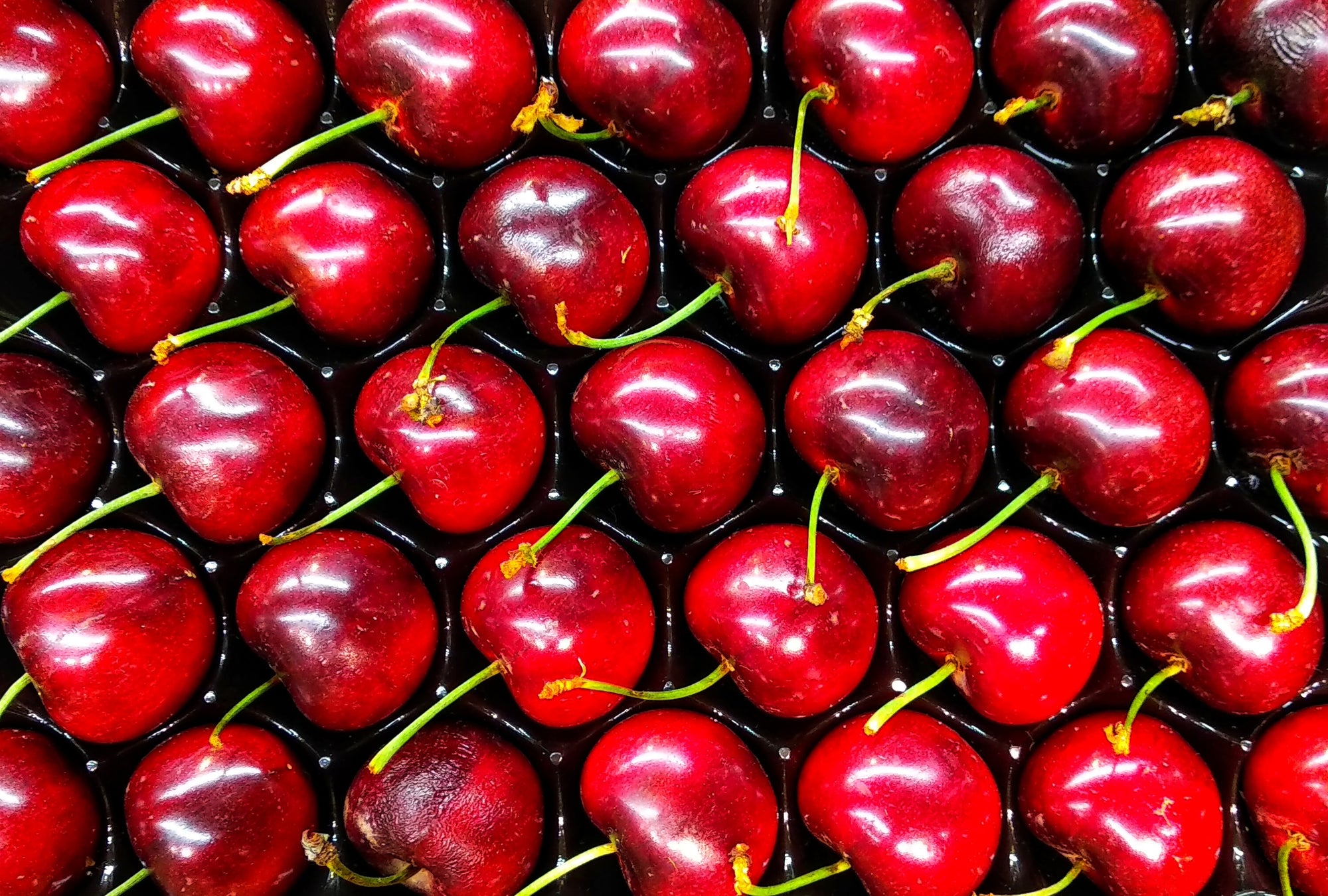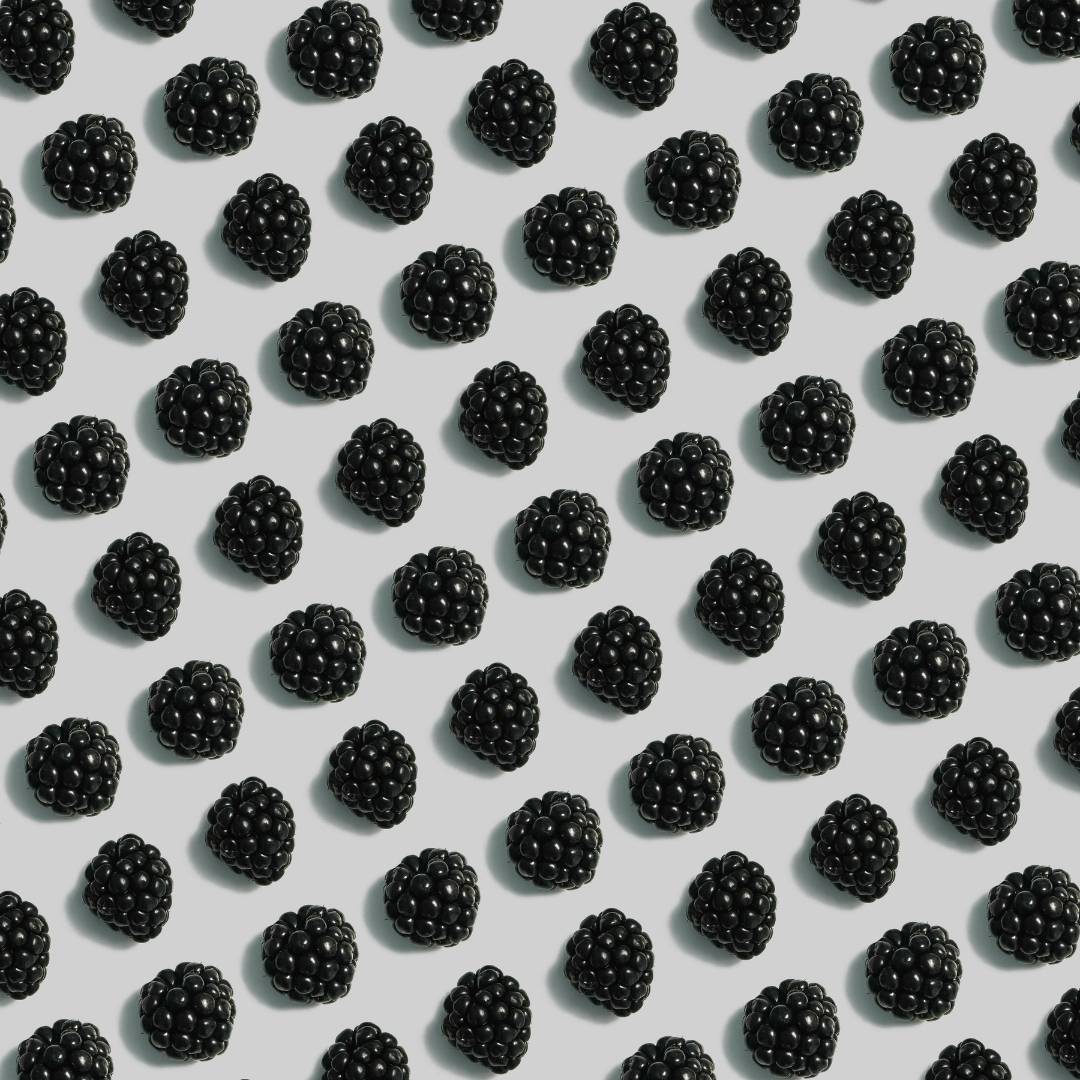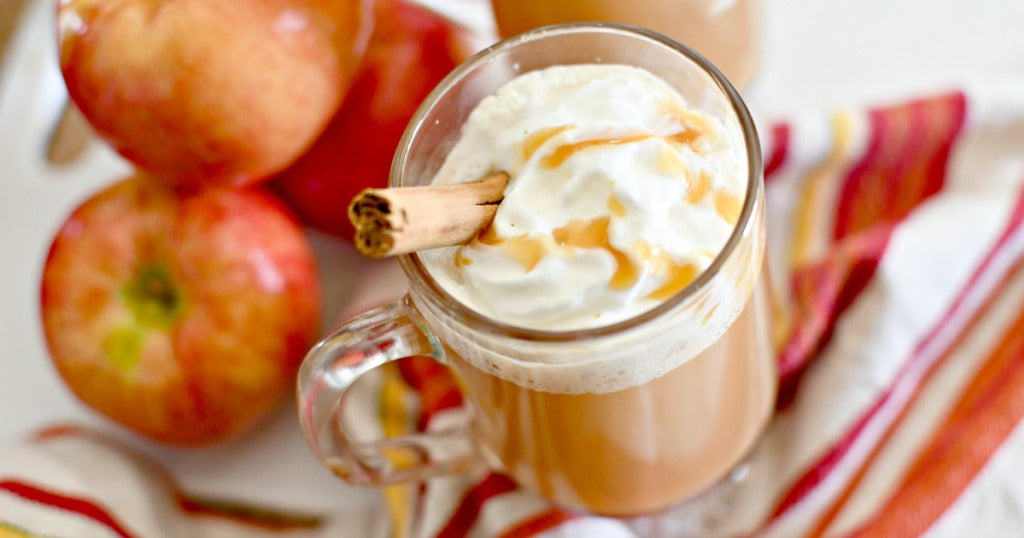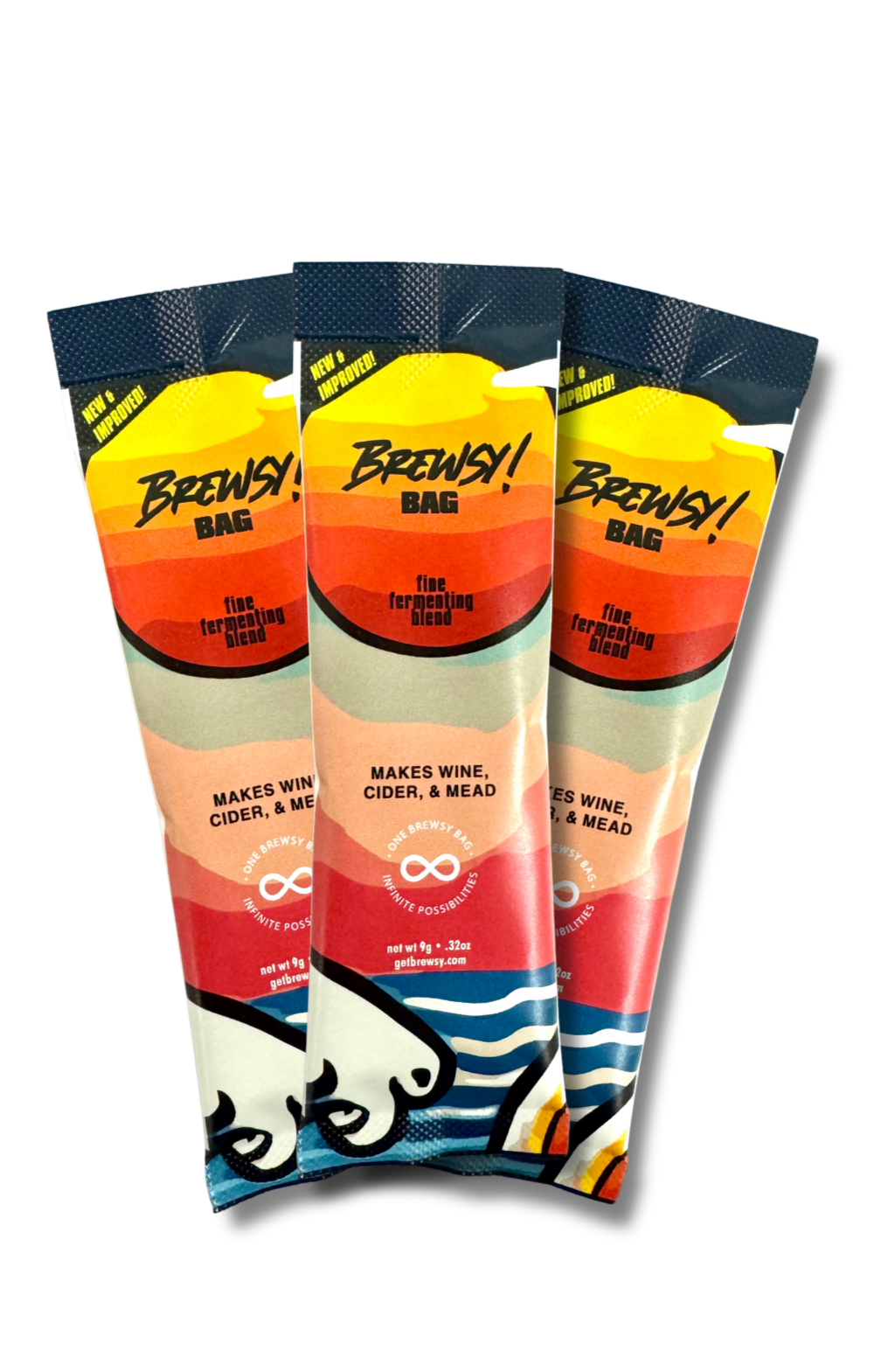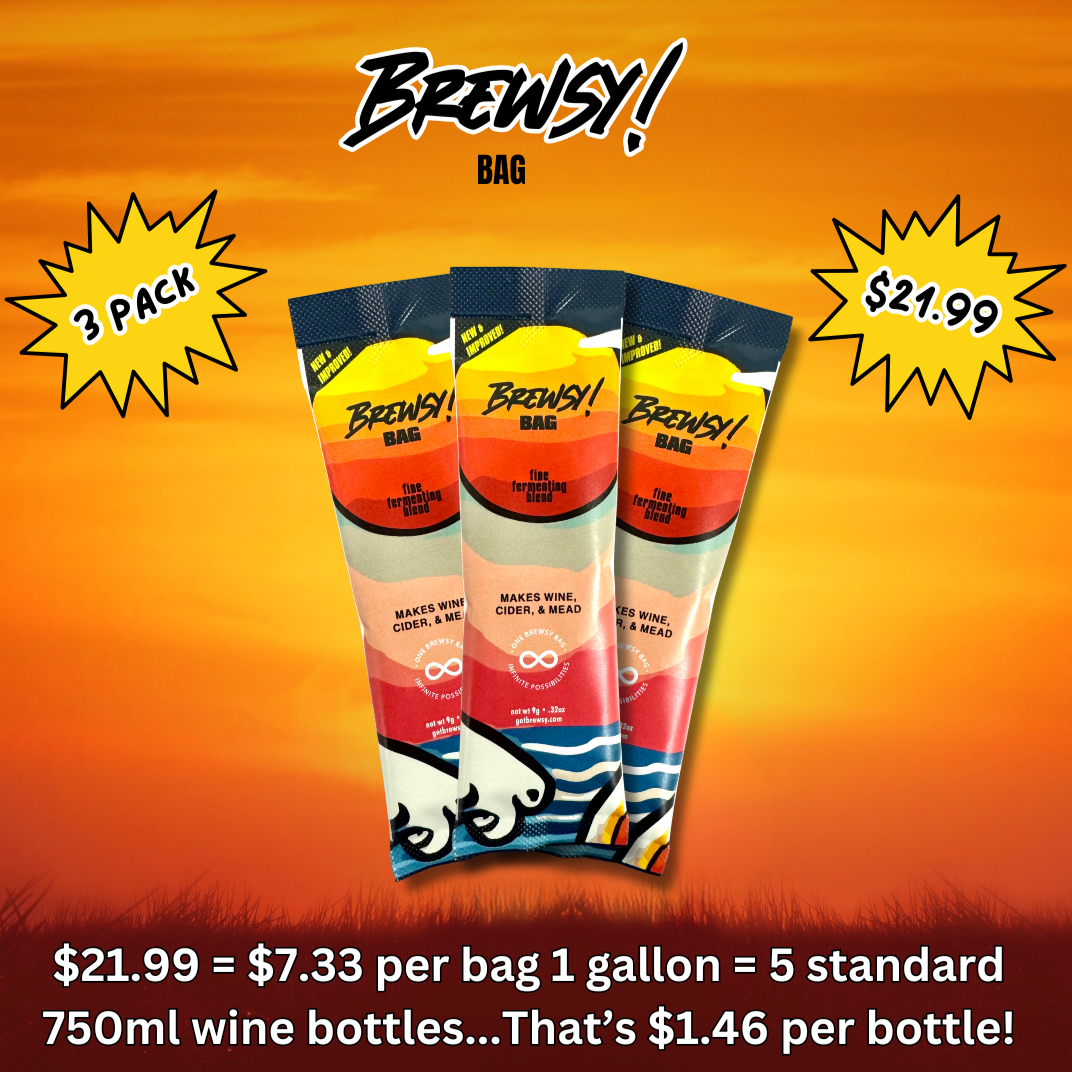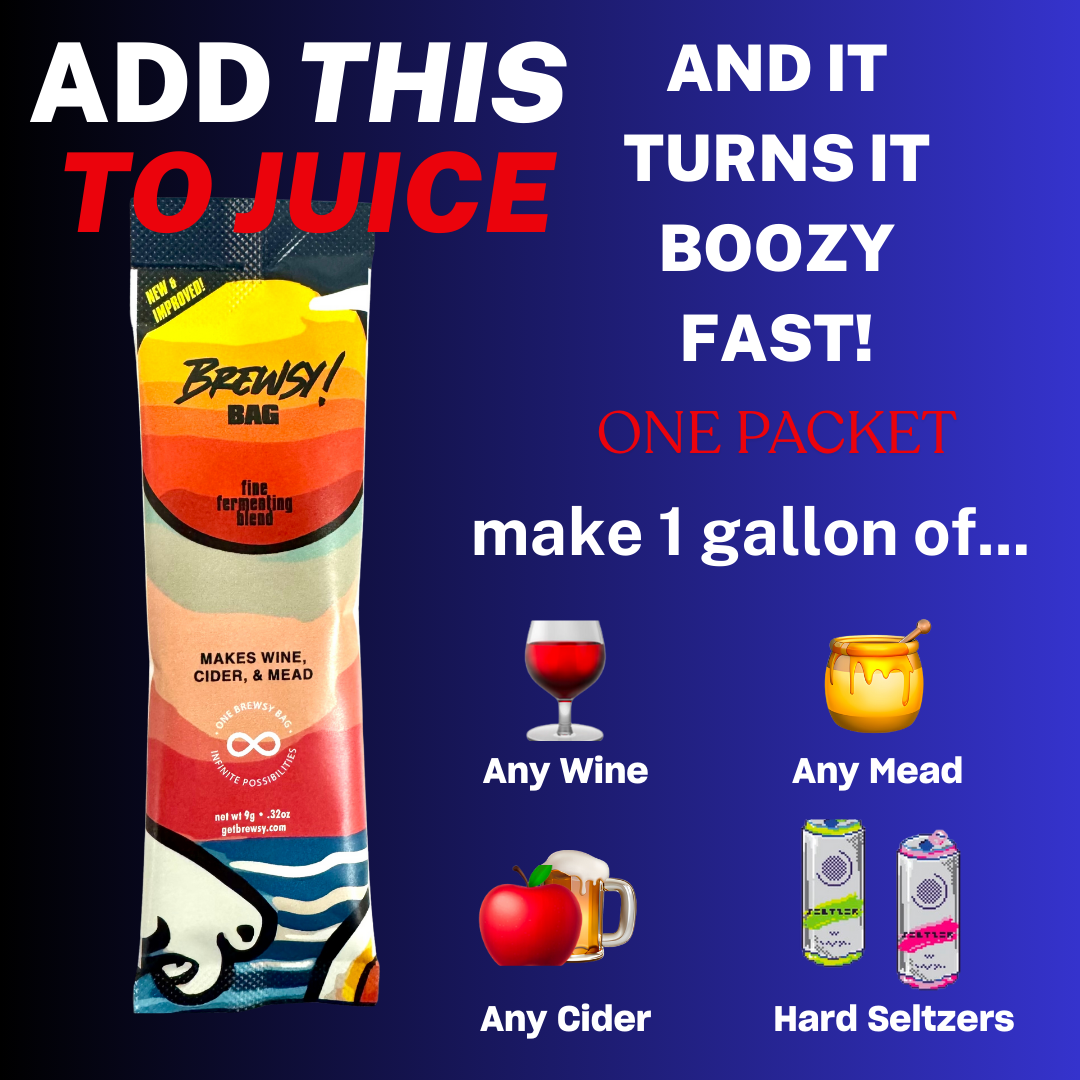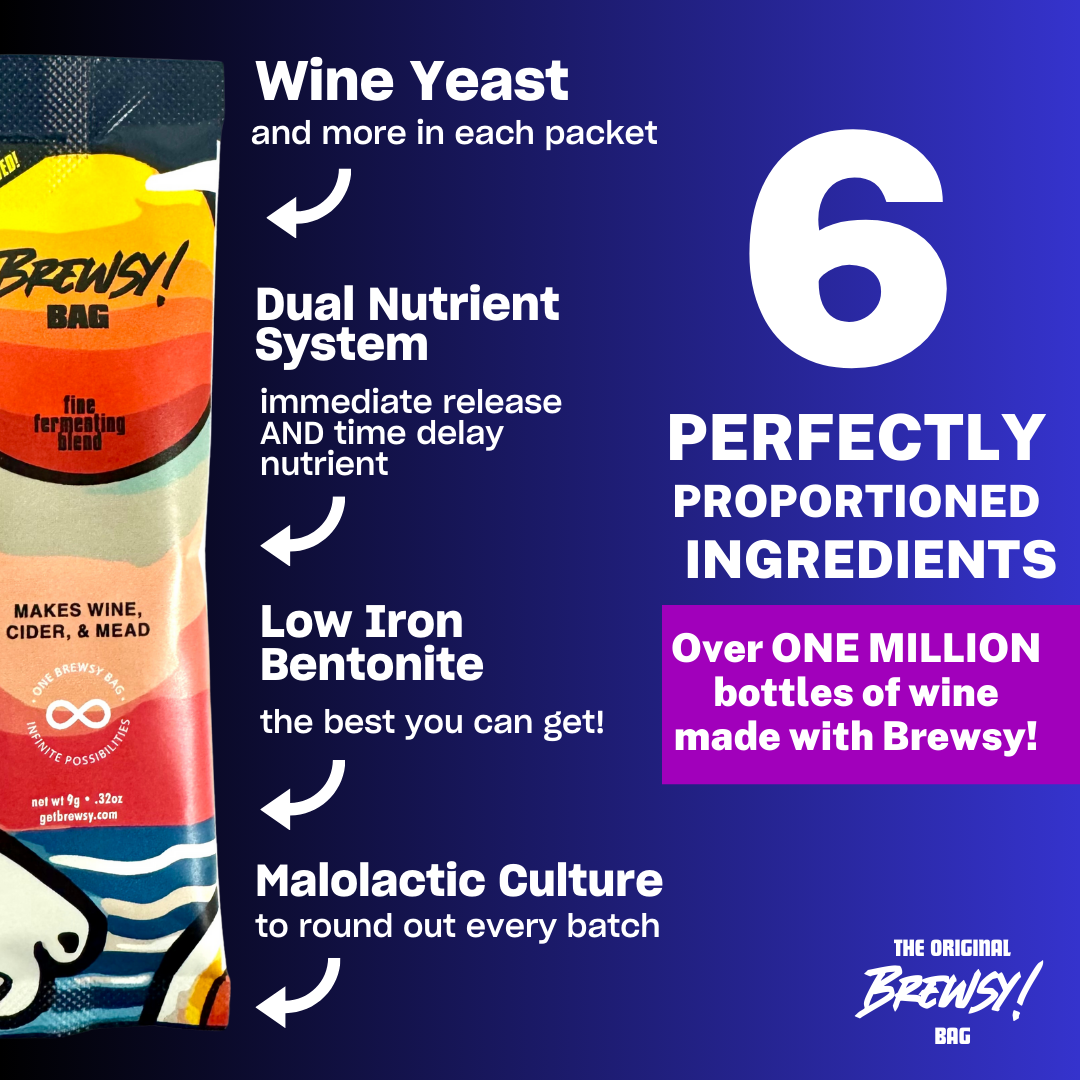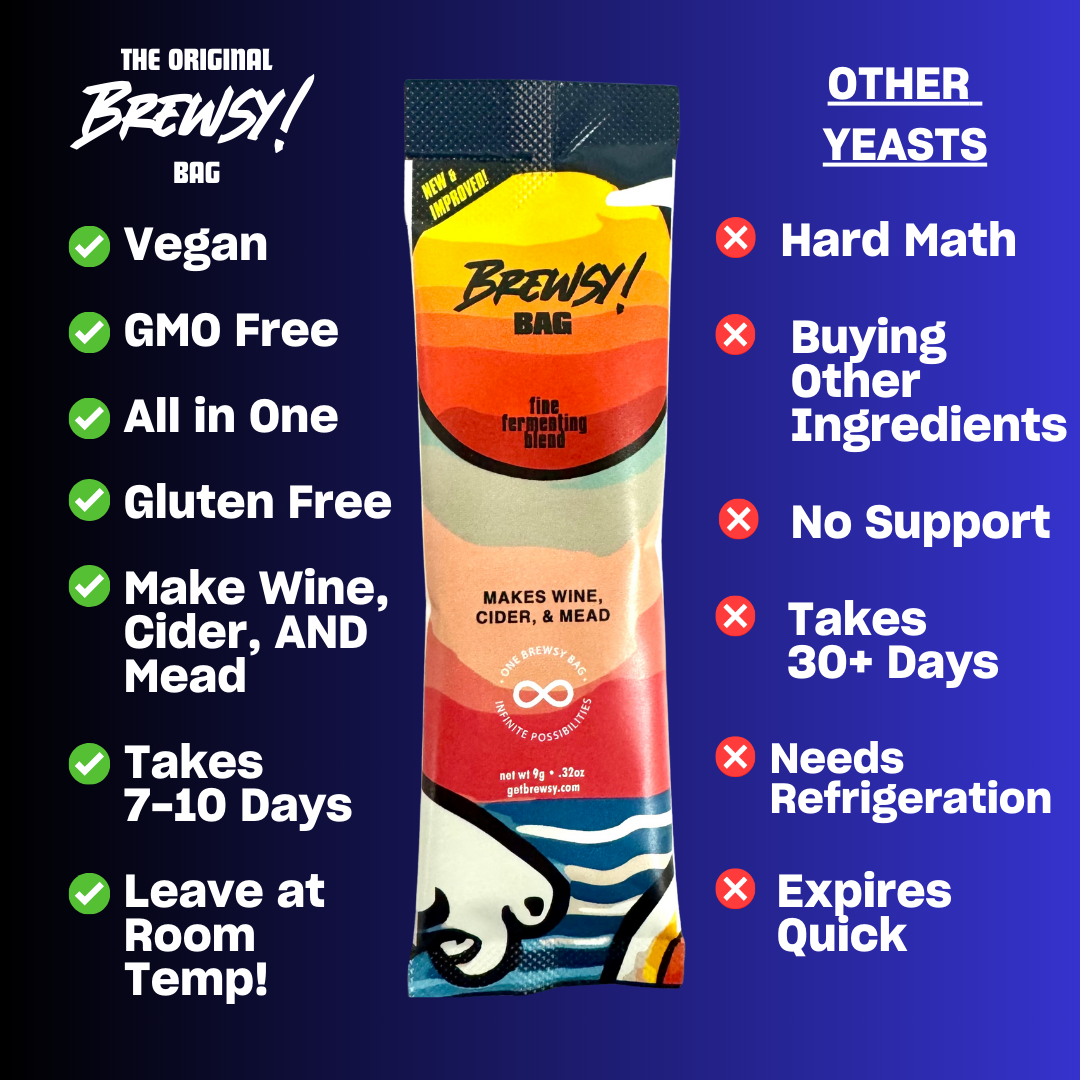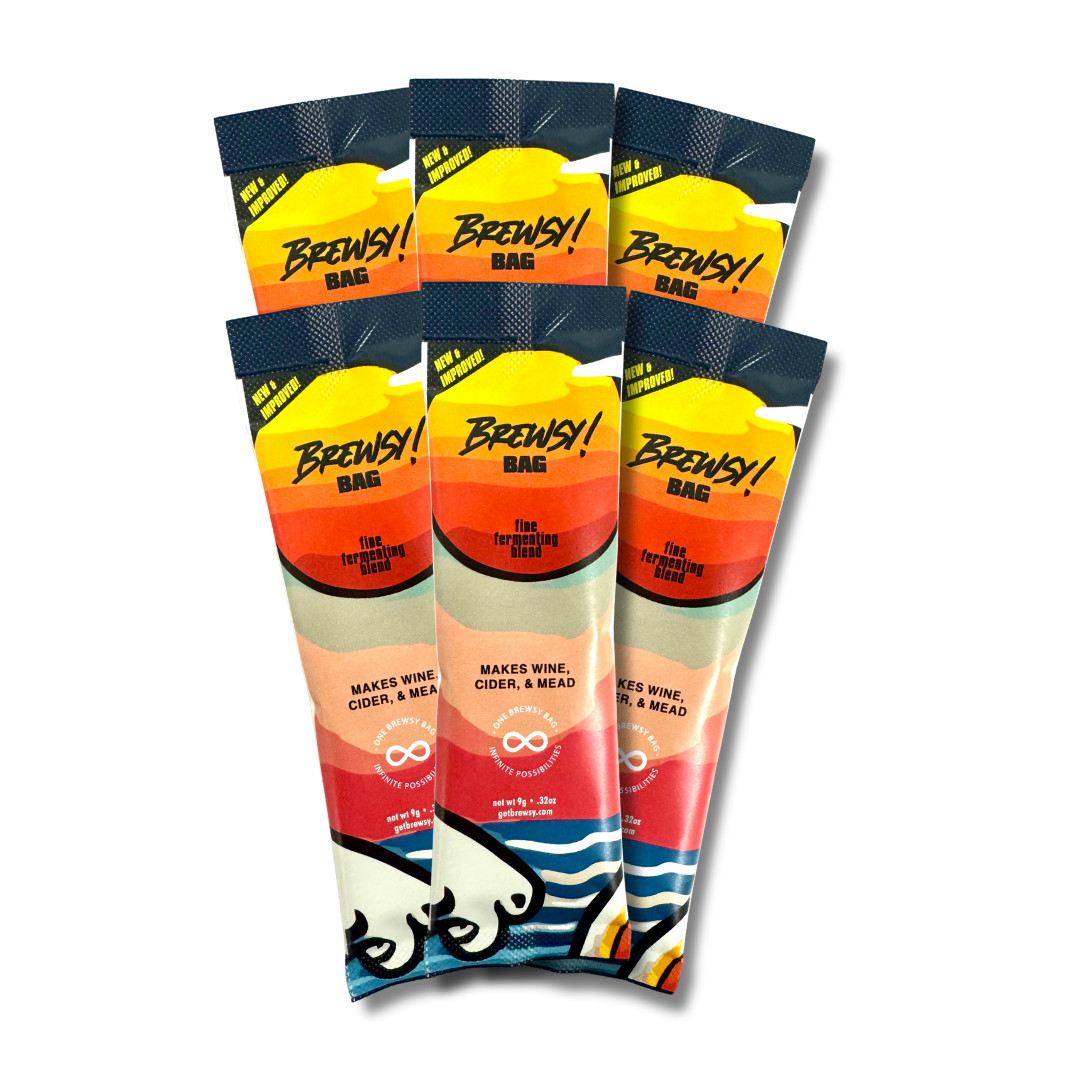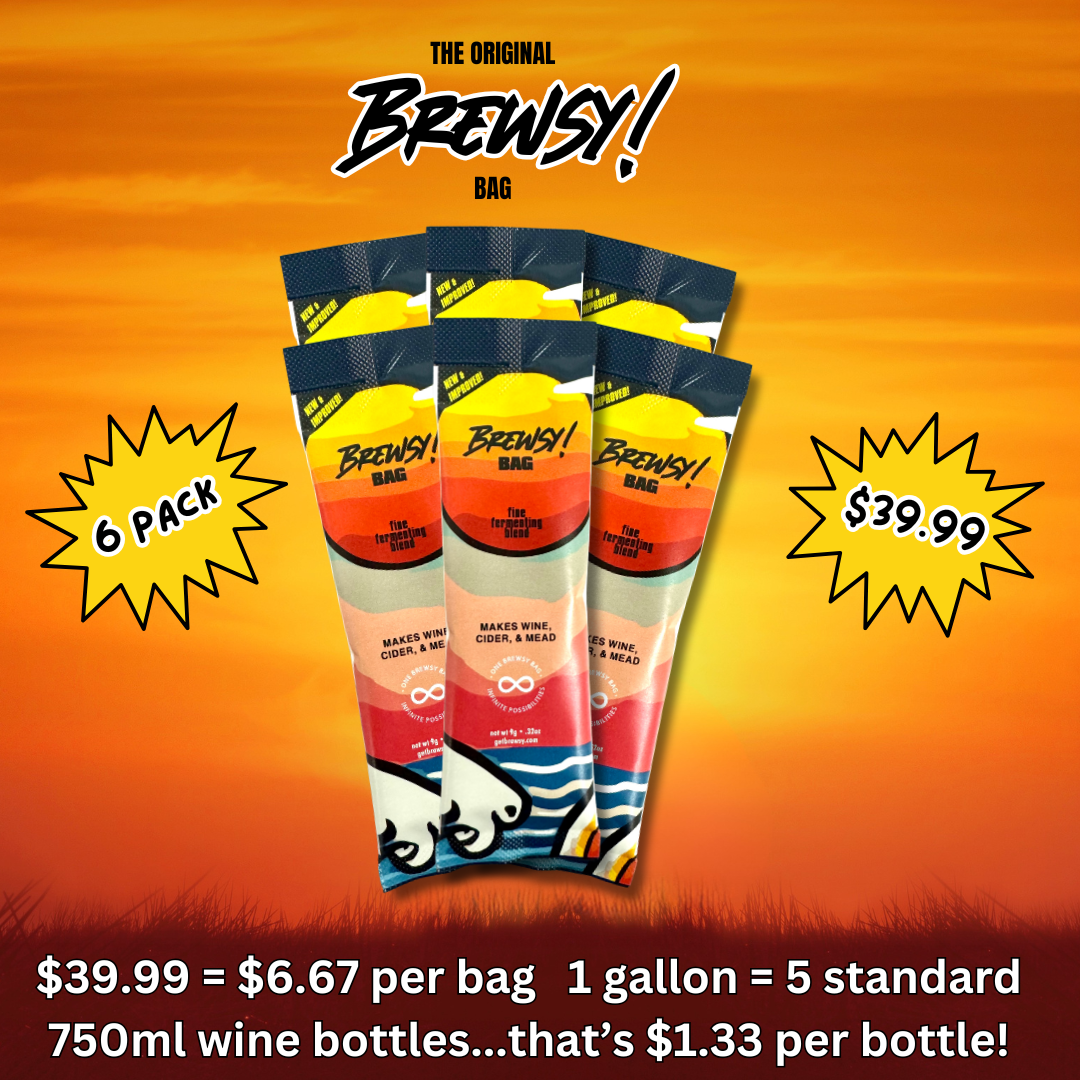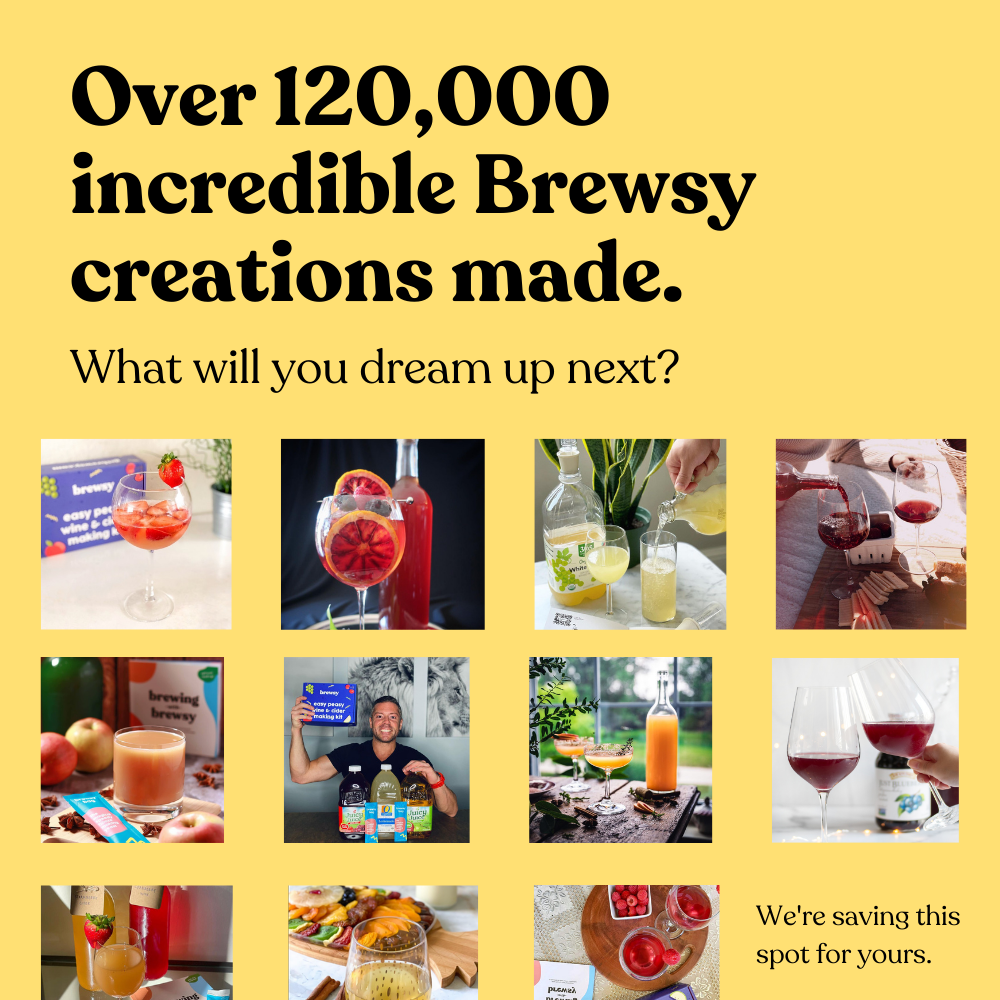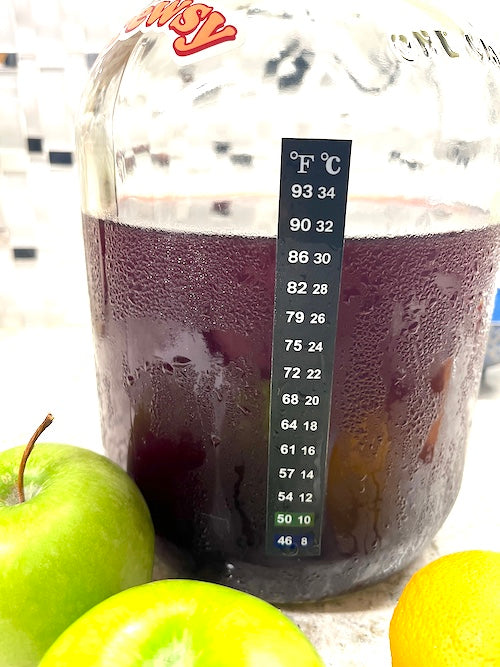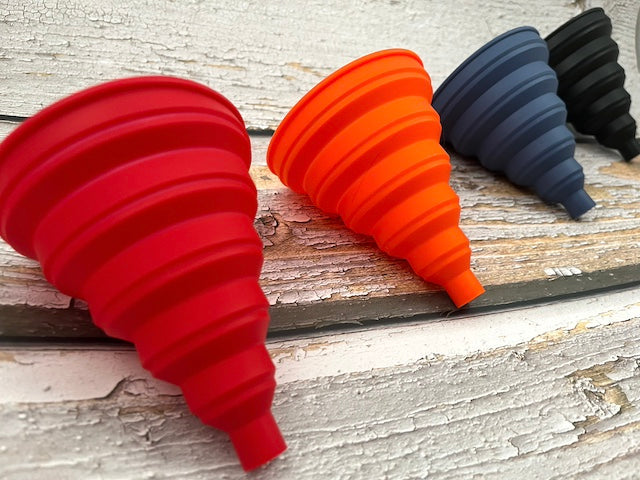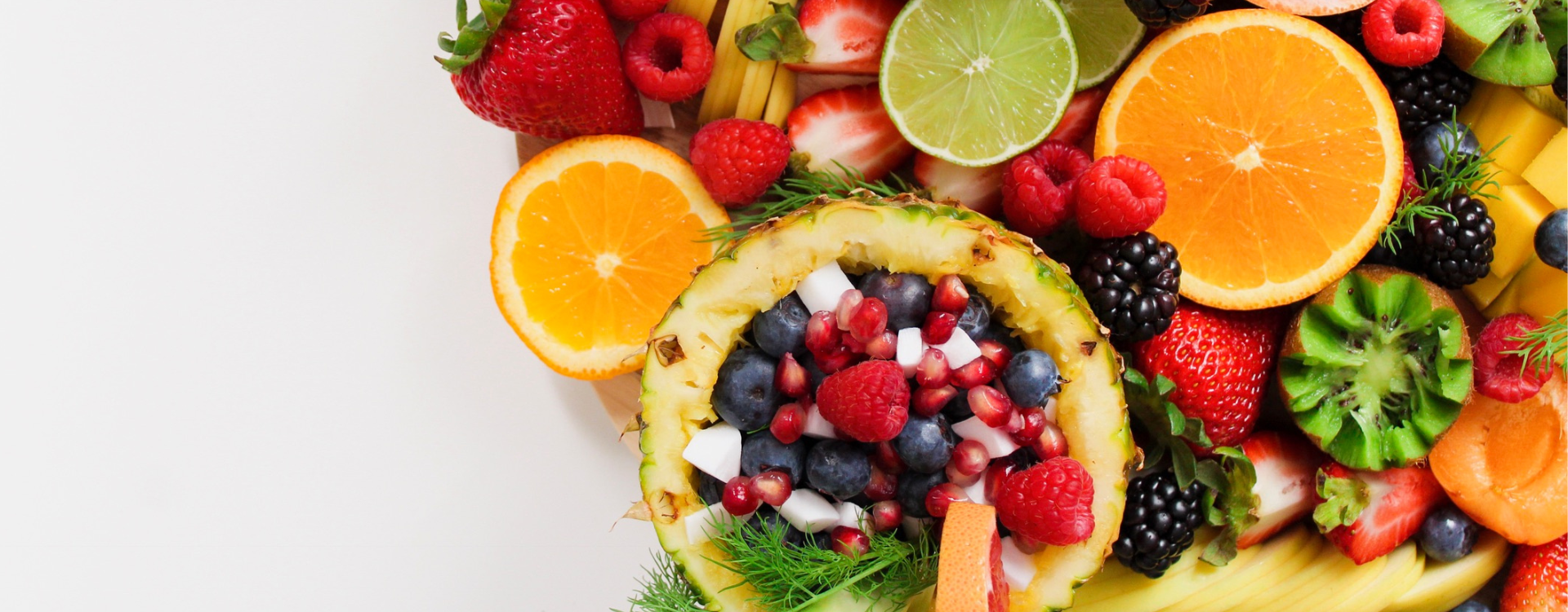
Do wine bottles have nutrition labels?
Do wine bottles have nutrition labels?
Have you ever noticed that a lot of wine bottles do not have a nutrition label? This seems strange, since just about every other food product on the shelves has a label detailing what is in it. To keep it short, it is because alcohol was originally regulated by a different department than food products.
After Prohibition ended in 1933, regulation of alcohol was placed under the Alcohol and Tobacco Tax and Trade Bureau, and this department does not require nutrition labels. The reason for the separation of food products and alcohol was to generate tax revenue. In 2013, the TTB made labels optional due to complaints from the alcohol industry that they were costly and time-consuming to produce as samples would need to be sent to label for a nutrition analysis, and that makes it a tad difficult with beverages that are being aged since, with age, the brews can change.
The lack of nutrition labeling on alcoholic beverages is concerning, since excess calorie consumption can come from many things. One area of our diets that is sometimes overlooked is alcohol. A label on a wine bottle would provide peace of mind to know what you are consuming. There are, however, certain things that manufacturers must include on their bottles such as alcohol content, sulfites, and synthetic dyes. Then again, all store-bought wine contain sulfites, otherwise they would not be shelf-stable.
Interestingly enough, alcohol contains seven calories per gram, which is almost double that of carbohydrates and proteins (both four calories per gram), and just under fat (nine calories per gram). With the rising concerns about ingredients in alcoholic beverages, a nutrition label could help to illuminate what each product actually contains.
Hence the beauty of being able to creates one's own wine is that you know exactly what is going in it. From sugar levels to preservatives to the ingredients of the juice being used. If you are using fresh fruit, that is even better. If you have your own source of fruit such as a backyard tree or even a farm, that is even better still.
Do you think that all alcoholic beverages should have nutrition labels? Let us know in the comments! Cheers!

